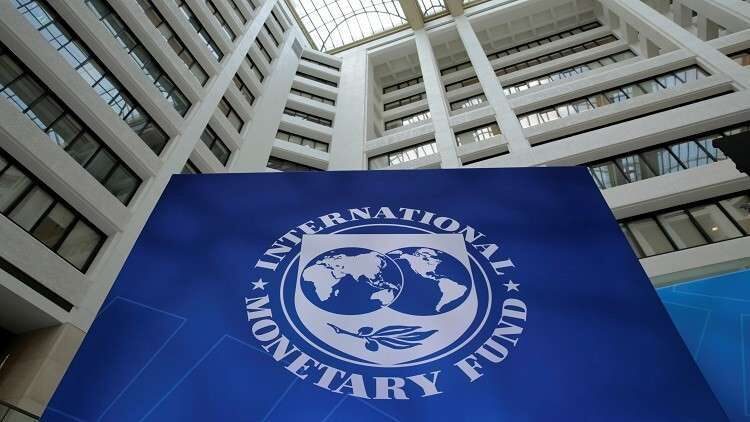Egypt has taken several actions to address the significant economic imbalances it has faced over the past two years, including measures to curb activity in the currency parallel market, commonly known as the black market, by securing substantial amounts of finances in US dollars and floating the local currency.
In discussions with Business Monthly, Ahmed Derbala, assistant professor at the School of Social Sciences at Heriot-Watt University Dubai, highlighted the significant risks that black markets pose to a nation’s economic progress. He noted that these markets often operate outside government oversight and regulations, facilitating tax avoidance and undermining economic stability.
Derbala explained, “The currency parallel market for the Egyptian pound aggravated and benefited from the country’s currency shortage, driven by various factors including remittances processed outside official channels, geopolitical and economic influences, and government restrictions on foreign currency transfers.”
As a result, Egyptians abroad increasingly turned to the parallel market for fear of transfer complications, while local businesses sought foreign currency independently, he noted.
Clearing backlogs
Despite government efforts to stabilize the currency, the parallel market thrived, with reports of the USD fetching as much as 70 EGP compared to the official rate of 30 EGP, highlighting the challenges posed by black market activities to Egypt’s economic stability, Derbala told Business Monthly.
Since March 2022, when the Russian war on Ukraine erupted, the Egyptian pound lost over 75% of its value against the USD, with an extremely active black market amid a severe shortage of USD liquidity in the local market. The USD rate reached its peak in February, posting EGP 70/1 USD in the parallel market, while it was almost EGP 31/1 USD in the official market.
Regarding the current state, Derbala informed Business Monthly that the situation remains uncertain.
“Reports suggest that the USD influx into Egypt has been utilized to clear backlogs of essential imports for local businesses, which has somewhat stabilized the Egyptian pound following its recent currency float. However, challenges persist regarding the accessibility of foreign currency for individuals, particularly for international transactions and transfers,” Derbala further added.
In his analysis, Derbala explained that if the demand for foreign currency surges once more, eliminating the currency parallel market could prove more difficult.
Regarding the key actions Egypt needs to take to combat black market activity, Derbala told Business Monthly that if the USD inflow into Egypt continues to be directed towards alleviating short-term strains on the Egyptian pound, the currency parallel market will likely persist.
“However, the lasting impact of this financial influx hinges largely on how Egypt chooses to utilize it to strengthen its foreign currency reserves over time,” Derbala highlighted.
This could involve investing in initiatives aimed at enhancing local investors’ capacity to expand their exporting capabilities, as well as attracting Foreign Direct Investments (FDIs) that contribute to Egypt’s export portfolio, he said.
“Egypt could potentially ease its reliance on short-term fixes and achieve long-term economic resilience and stability by strategically deploying these funds,” he added.
Managing inflation
Meanwhile, US-based Economist and the Director of the Empower Middle East initiative at the Atlantic Council, Racha Helwa, stated that the recent decision by the Central Bank of Egypt (CBE) to enact an increase in interest rates stands as a crucial move, serving dual objectives.
On March 6th, the CBE unexpectedly raised key interest rates by 6% and allowed the local currency rate to be determined by supply and demand forces in the local market.
As a result, the USD rate decreased by over 60% in the official market, continuing its decline by over 5% against the Egyptian pound since March 6th.
“.This action comes after a prolonged period marked by multiple exchange rates and a notable depreciation of the Egyptian currency. Adjusting interest rates represents a potent monetary instrument for managing the alarming levels of inflation, which surged to nearly 40%,” Helwa explained.
She added that the CBE remains prepared to implement further rate hikes if needed. However, according to Helwa, the CBE must exercise prudence in deploying this effective monetary policy tool across several dimensions.
“While elevating interest rates may ostensibly rein in demand, it’s essential to acknowledge that Egypt’s inflationary pressures primarily stem from a supply chain disruption triggered by the conflict in Ukraine, rather than from a surge in domestic demand. In the aftermath of the Russia-Ukraine war, Egypt experienced widespread inflationary trends across various sectors, spanning from essential commodities and healthcare services to real estate and furniture,” Helwa detailed.
She added that food prices, which constitute a significant driver of inflation, notably surged by over 70% compared to the corresponding period last year, as reported by Egypt’s Central Agency for Mobilization and Statistics.
“Secondly, the decision to raise interest rates inevitably entails a trade-off, potentially dampening economic growth by rendering credit more expensive. Yet, Egypt’s economic growth has already decelerated to 2.65%, down from the previous high of 4.4% in FY2022/2023,” Helwa further explained.
Thus, as per Helwa, there exists a delicate equilibrium between curbing inflationary pressures and sustaining economic growth.
She added that a prudent approach by the CBE would entail avoiding prolonged elevation of interest rates and instead considering gradual reductions within a one-year timeframe, envisaging a stabilization of the exchange rate.
“This strategy seeks to strike a balance between addressing inflationary concerns and nurturing economic vitality,” said Helwa.







